Calf Care 360
A multi-layered approach to Neonatal
Calf Diarrhoea, addressing calf health
through five pillars of care
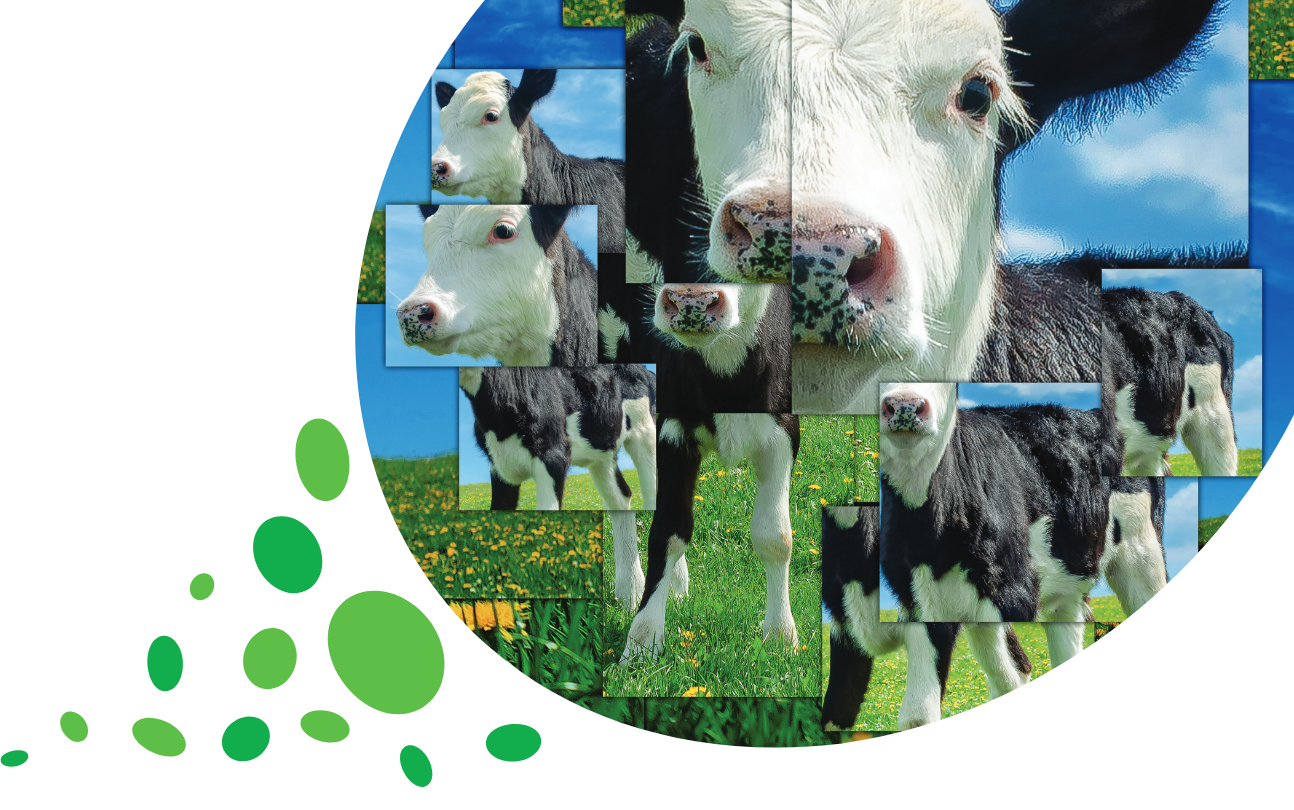
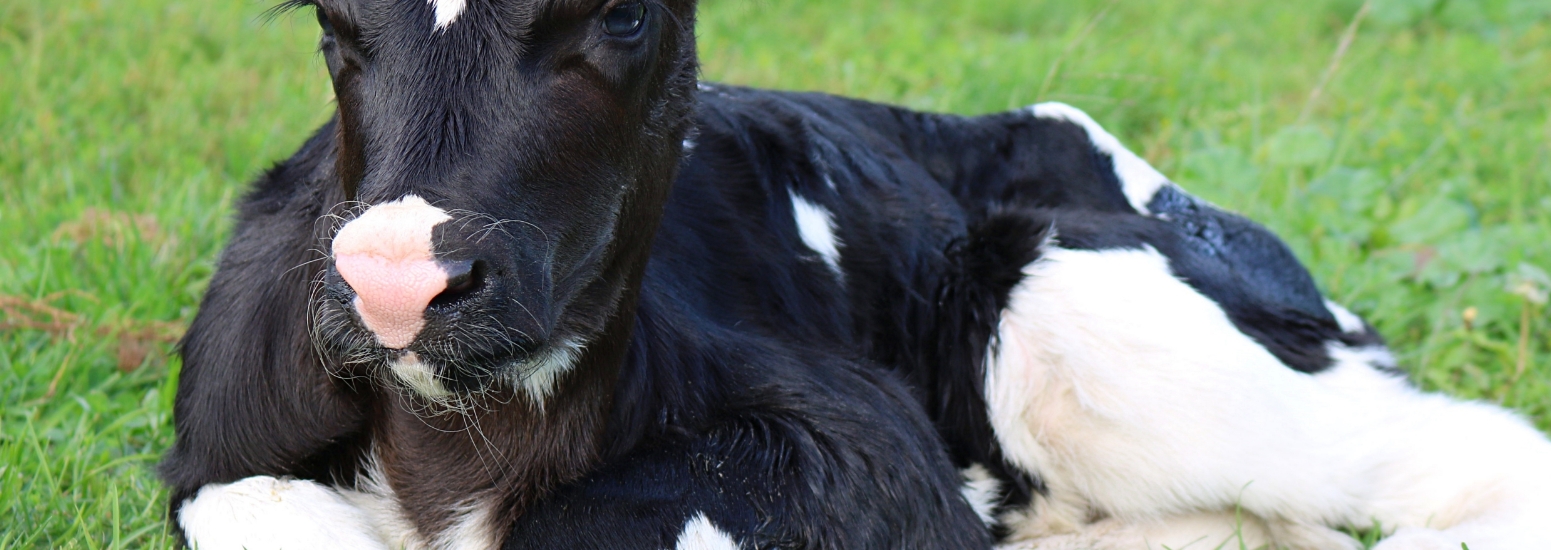

Why?
The risk of neonatal calf diarrhoea (NCD)
A common challenge
- Approximately 20% of calves will develop NCD¹
- NCD may be caused by Cryptosporidium parvum, enterotoxic Escherichia coli (ETEC), Salmonella, bovine rotavirus, bovine coronavirus, Eimeria species and inappropriate nutrition
- Many outbreaks are caused by multiple pathogens, making accurate diagnosis difficult
With devastating results
- NCD accounts for 40–50% of calf mortalities in the first month
- NCD affects growth, productivity and long-term,herd performance
- NCD leads to significant economic losses
The financial burden of Cryptosporidium parvum infection can be up to €140 per infected calf
How?
Introducing Calf Care 360
A multi-layered approach to NCD, addressing calf health
through five pillars of care
Biosecurity
Proven hygiene solutions combined with a smart platform to assess and strengthen biosecurity where it matters most
View moreDiagnostics & Monitoring
Fast, accurate on-farm testing for early, targeted intervention and better outcomes
View moreKnowledge
An understanding of pathogens, risk factors and best practices to support healthy growth in calves
View moreNew product
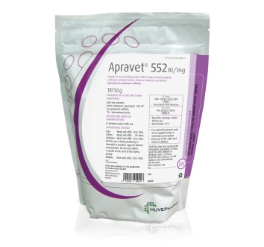

To treat E. coli or Salmonella infection
Downloads
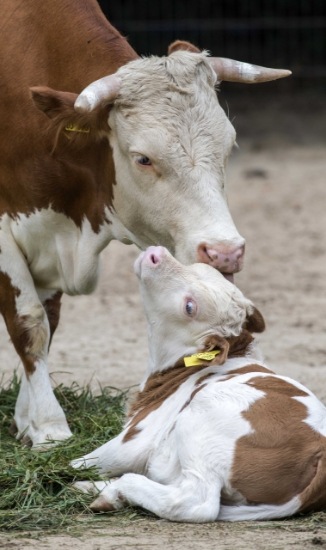
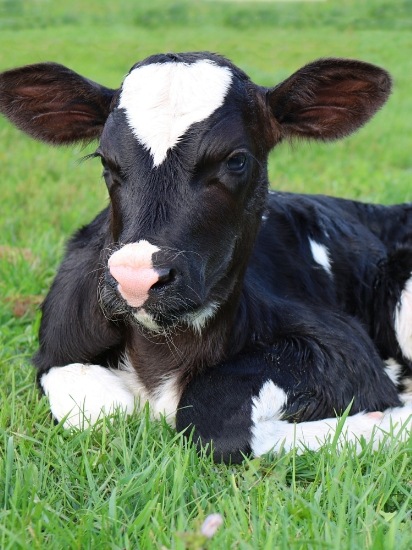
Taking care of every angle
- The first few weeks of a calf’s life are critical for building health and strength
- NCD is common in calves and has high mortality
- Calf Care 360 delivers complete solutions to help you reduce risk, optimise calf health and safeguard herd performance
Because when you take care of every angle, you give calves the best chance to thrive
What’s new
NEW Huvepharma Publications
Viability of Cryptosporidium spp. oocysts after exposure to two commercial disinfectants.
Downloads
Controlling cryptosporidiosis with paromomycin sulphate in neonatal dairy calves.
Downloads
Cryptosporidium spp. oocyst viability submitted to disinfectants under different light conditions.
Downloads
Huvepharma portfolio
Only accessible with email address.
